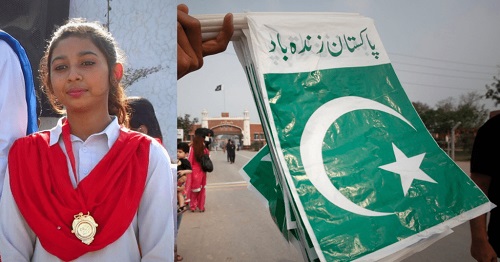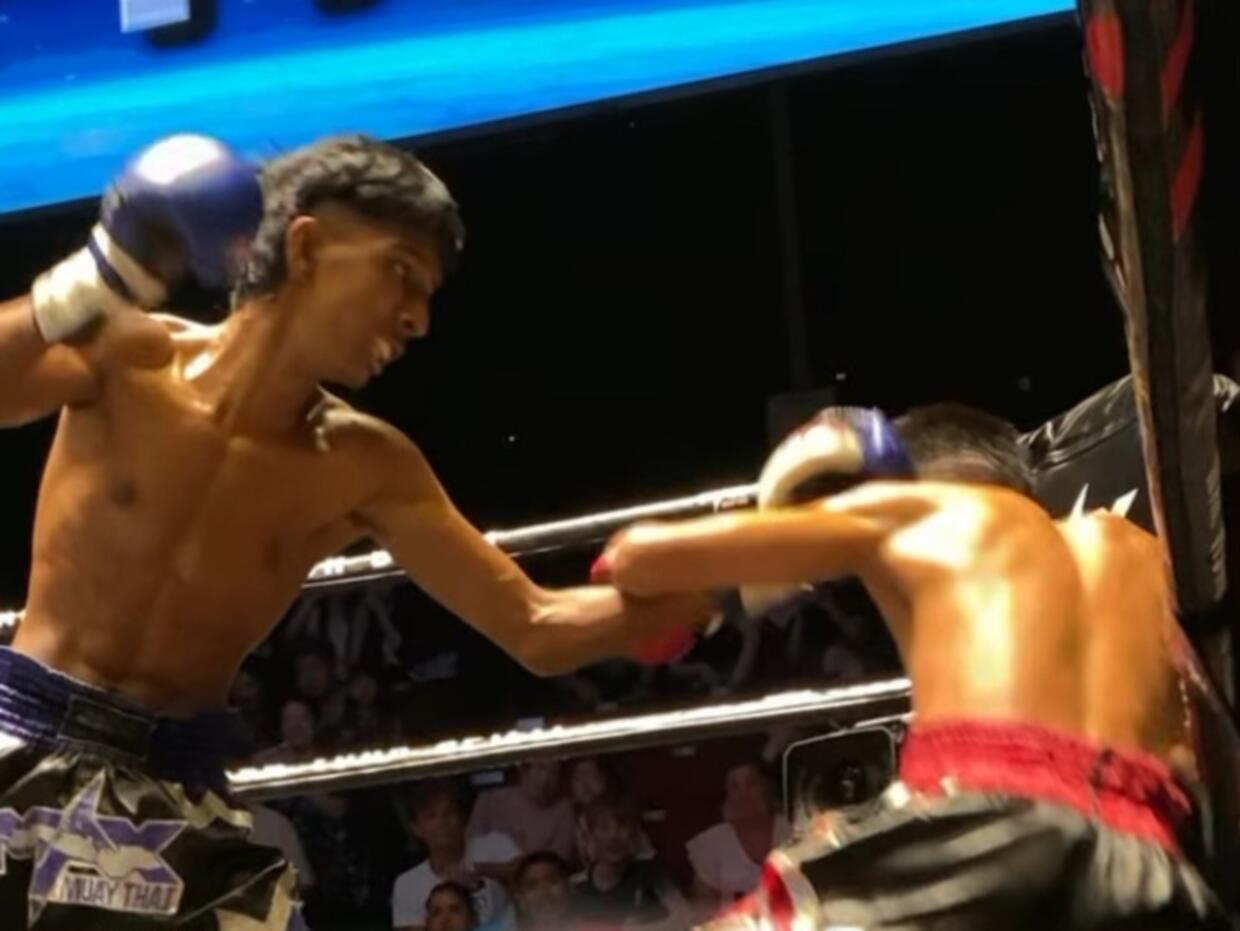Lahore High Court unexpectedly decided to uphold 14-year-old Christian girl’s forced marriage and conversion to Islam.
Maira Shahbaz was allegedly abducted at gunpoint by Mohamad Nakashand, an older Muslim man who forced her to marry him and held her hostage in his home in Pakistan.
In July, the Faisalabad District and Sessions Court ordered that Maira Shahbaz be removed from Mohamad Nakash’s house and placed in a women and girl’s refuge, pending further investigations.
However on 4th August, Judge Raja Muhammad Shahid Abbasi overturned the ruling stating that the teenager has embraced Islam. Witnesses said Maira burst into tears after Lahore High Court ruled in favour of Nakash.
Nakash reportedly showed authorities a marriage certificate that was six months earlier stating her age as 19 at the time of marriage, when Maira’s family reported her kidnapping.
Lawyer Khalil Tahir Sandhu who represented Maira in court argued the marriage certificate is invalid, after showing the courtroom the official birth certificate of Maira who was only 13 last October, when she and Nakash allegedly got married.
Mr Tahir added that the marriage certificate was faked, citing evidence that Muslim cleric whose name appears on the document has denounced it and issued an edict calling the marriage invalid.
He also argued that according to state law in Pakistan, Maira can only change her religion with her mother’s permission as she is underage.
He added that he would appeal the decision at Lahore High Court, and to the Supreme Court of Pakistan if it fails,
Maira’s case isn’t uncommon in Pakistan as last year 15-year-old Huma Younus was abducted, forced to convert to Islam, and marry one of her kidnappers.
According to Huma’s parents, the teenager informed them over the telephone that she is confined to one room and is pregnant now after repeated sexual assaults.
In the latest court hearing into Huma’s abduction case last February, a Pakistani high court handed down a ruling based on Islamic “sharia” law that said, men in Pakistan can marry underage girls as long as they have had their first menstrual cycle.
The ruling was in direct opposition to the Sindh Child Marriage Restraint Act which forbids marriage below the age of 18 to protect young children in the country from being forced into “marriage”.











